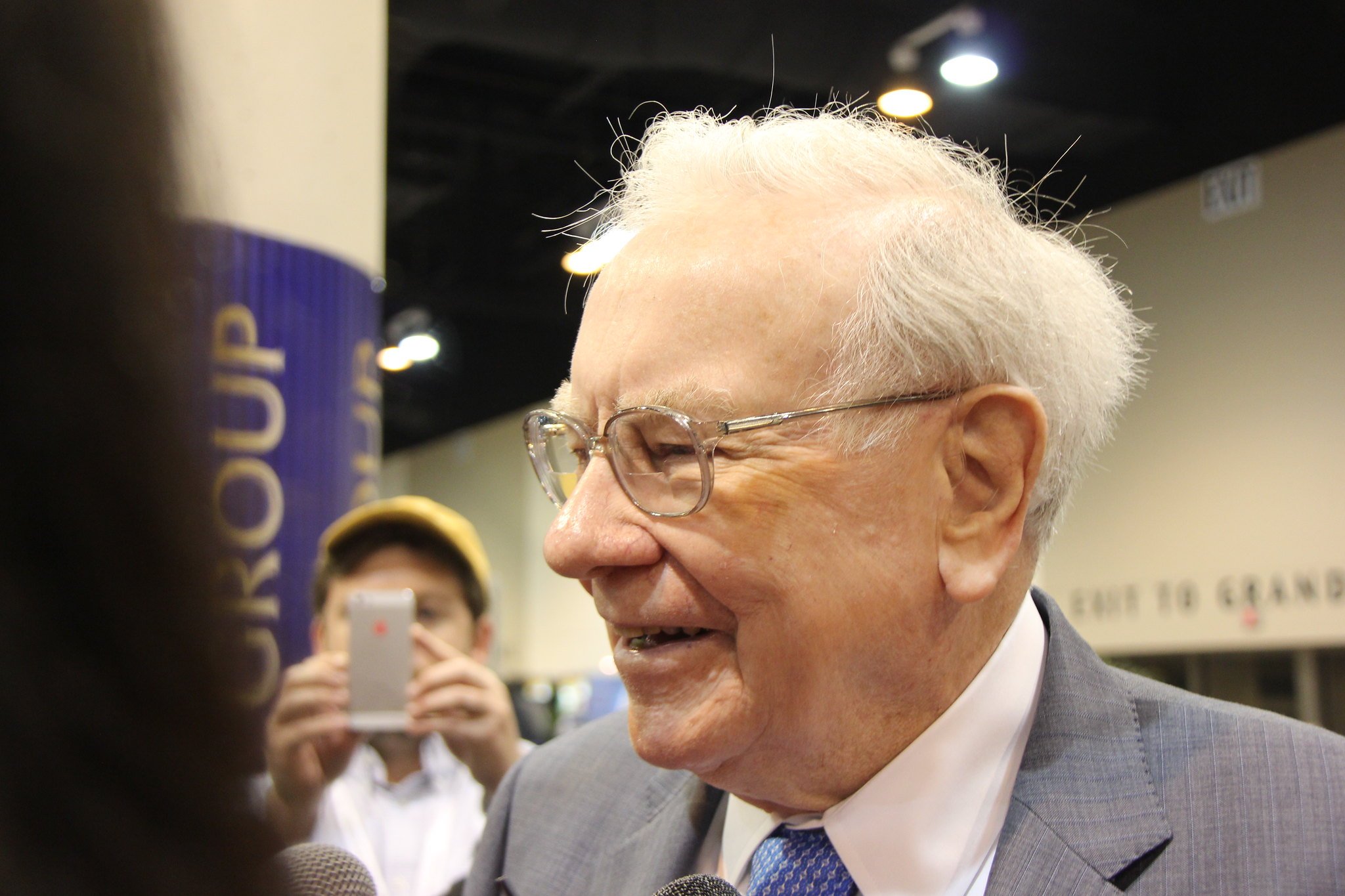More than two years after a settlement was struck between Bank of America (BAC +0.58%) and 22 institutional investors over a passel of mortgage securities gone bad, a job promotion for the judge presiding over final approval of the deal means a decision will be announced very soon, probably within two weeks.
The 530 mortgage trusts at the core of the dispute were sold by Countrywide before the financial crisis and started to go south shortly thereafter. The lawsuit, which included big names such as BlackRock and AIG (AIG +2.03%), was settled in mid-2011 for $8.5 billion.
But some investors balked, claiming that trustee Bank of New York Mellon (BNY 0.30%) had a cozy relationship with B of A and therefore didn't act in the investors' best interests -- and alleging that investors were only getting pennies on the dollarwith the $8.5 billion settlement. Last June, a hearing began in New York to determine if BNY Mellon acted in good faith when it agreed to the settlement.
"Reasonable" actions
Judge Barbara Kapnick presided over the Article 77 hearing in order to determine if BNY Mellon acted "reasonably" as the investors' trustee when it sanctioned the settlement. The hearings, which often described acrimonious negotiationsduring the actual settlement talks, concluded last November. At that time, AIG emerged as the most vocal of the settlement's detractors; most had, by then, retracted their opposition to the settlement.
The weeks have gone by, and all parties have been patiently awaiting Judge Kapnick's decision. Now, it appears the wait is over. The judge has been handed a promotion, and her new job starts in early February. This has prompted an announcement by Kapnick's office that a decision on the Bank of America settlement case will be handed down before she begins her new position.
Either way, this is huge for B of A
If the decision goes against the settlement, all parties will have to go back to the negotiation table, which is unlikely to be a good thing for B of A. Estimates as to how much more this particular case could cost the bank vary, but they've been as high as $60 billion, based upon numbers bandied about while Bank of America and monoline insurer MBIA were engaged in their own legal wrangling last year. That's probably excessive, but anything over the $8.5 billion already set aside will be painful.
If the settlement sticks, Bank of America will have a huge cloud lifted from its horizon, and its investors will likely heave a collective sigh of relief. Despite AIG's aggressive complaining, it was only one of 15 investors remaining in opposition by the last days of the hearing, while at least 60 were in favor. The vast majority of the parties want to see this thing resolved, and this fact may have an impact on the judge's decision. Either way, we will all know very soon.








